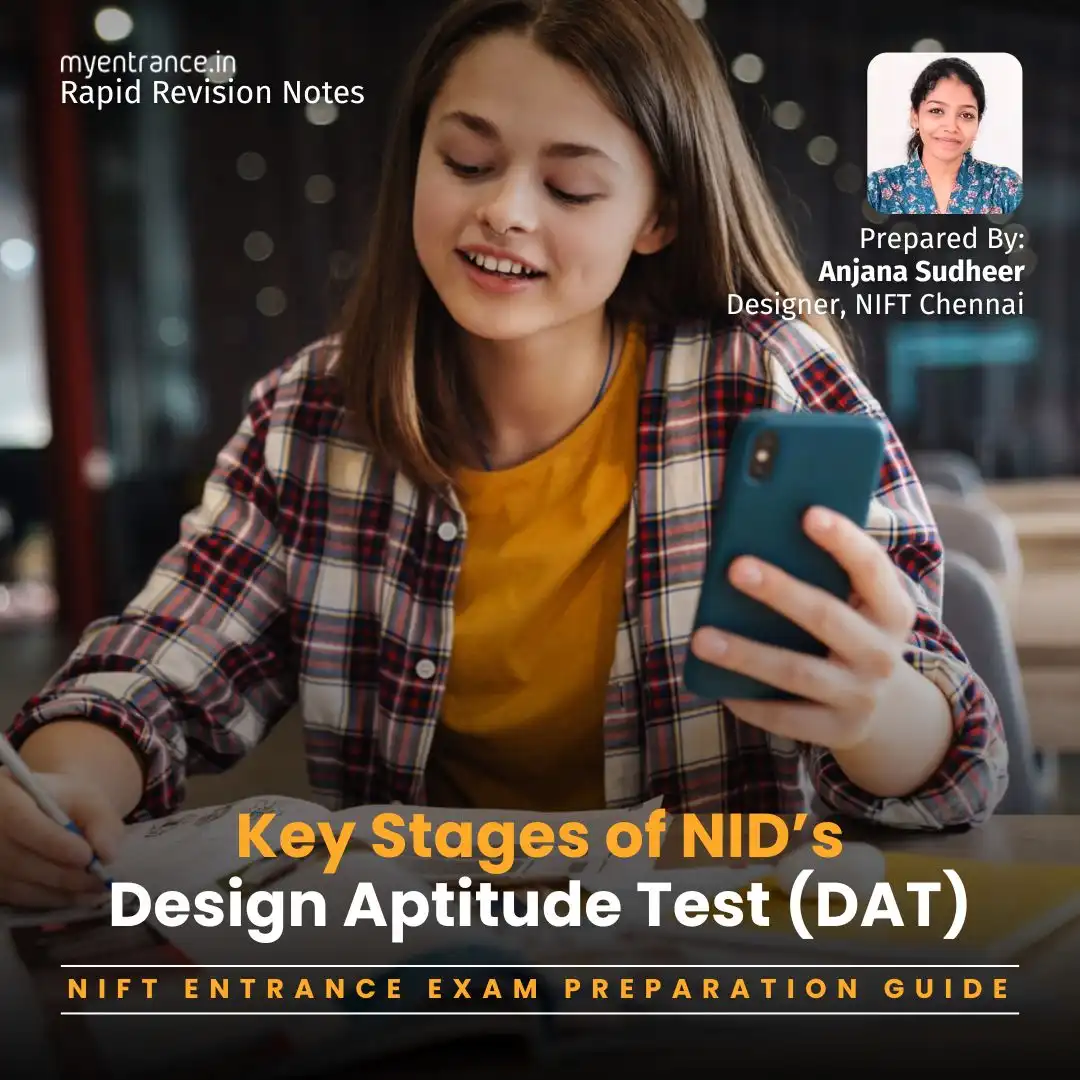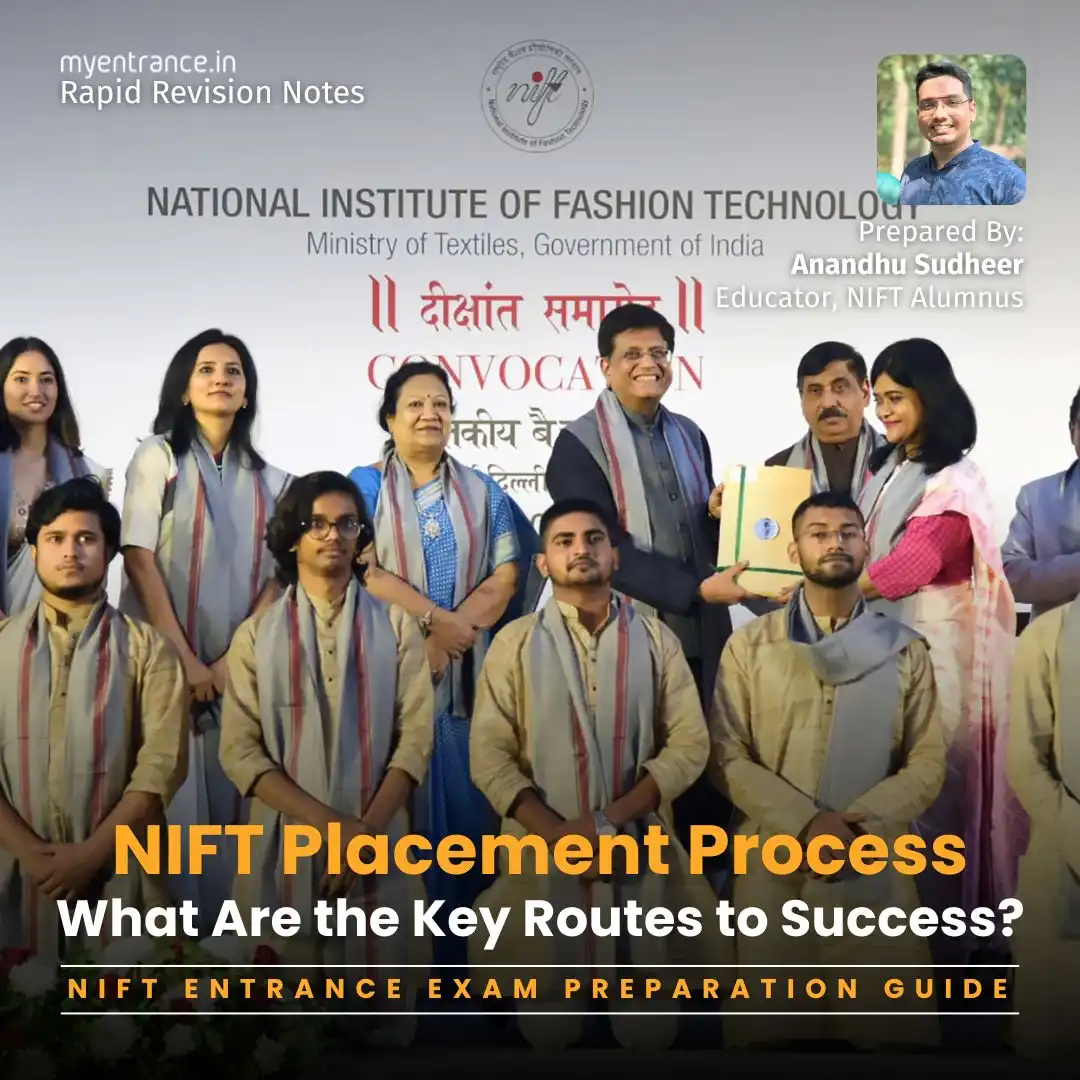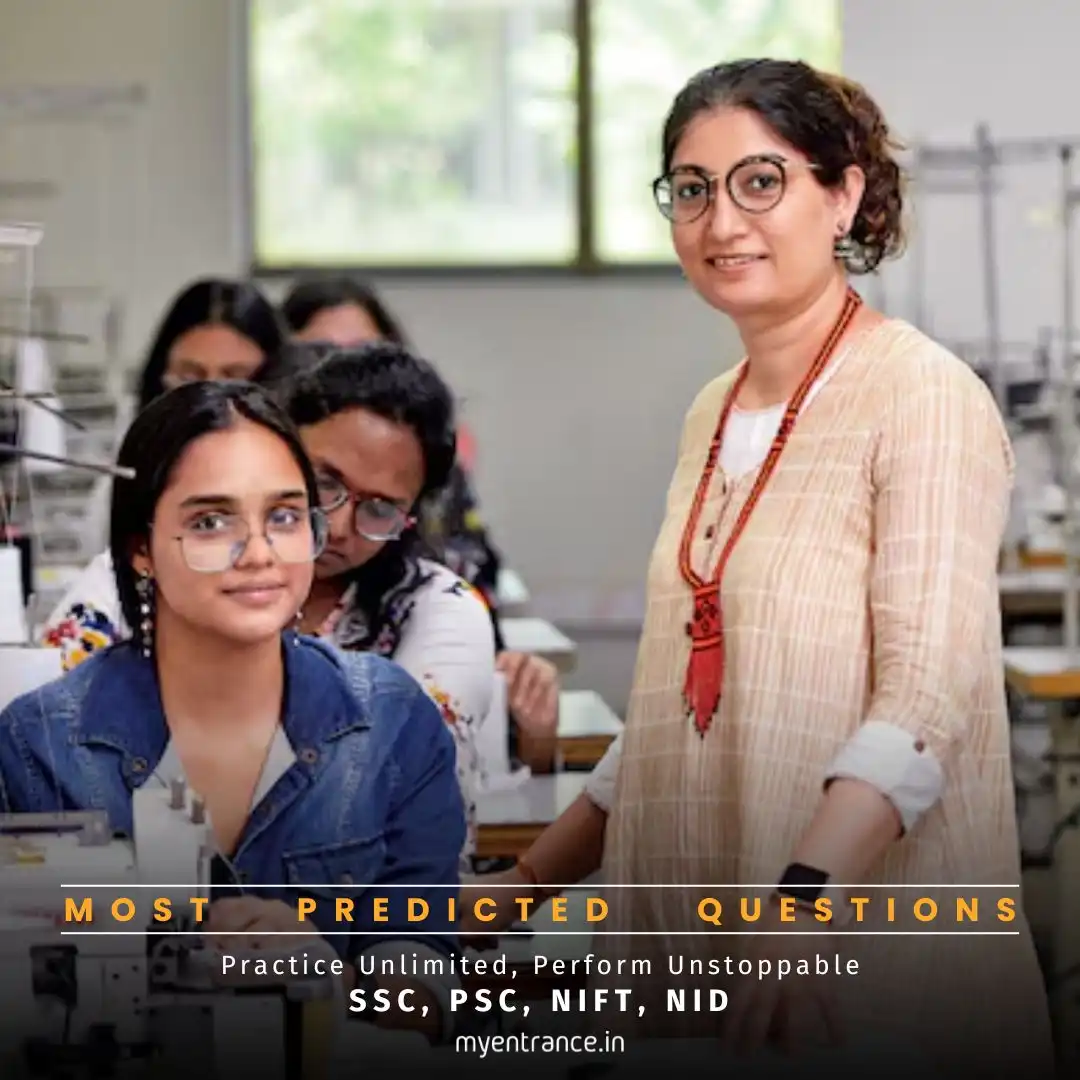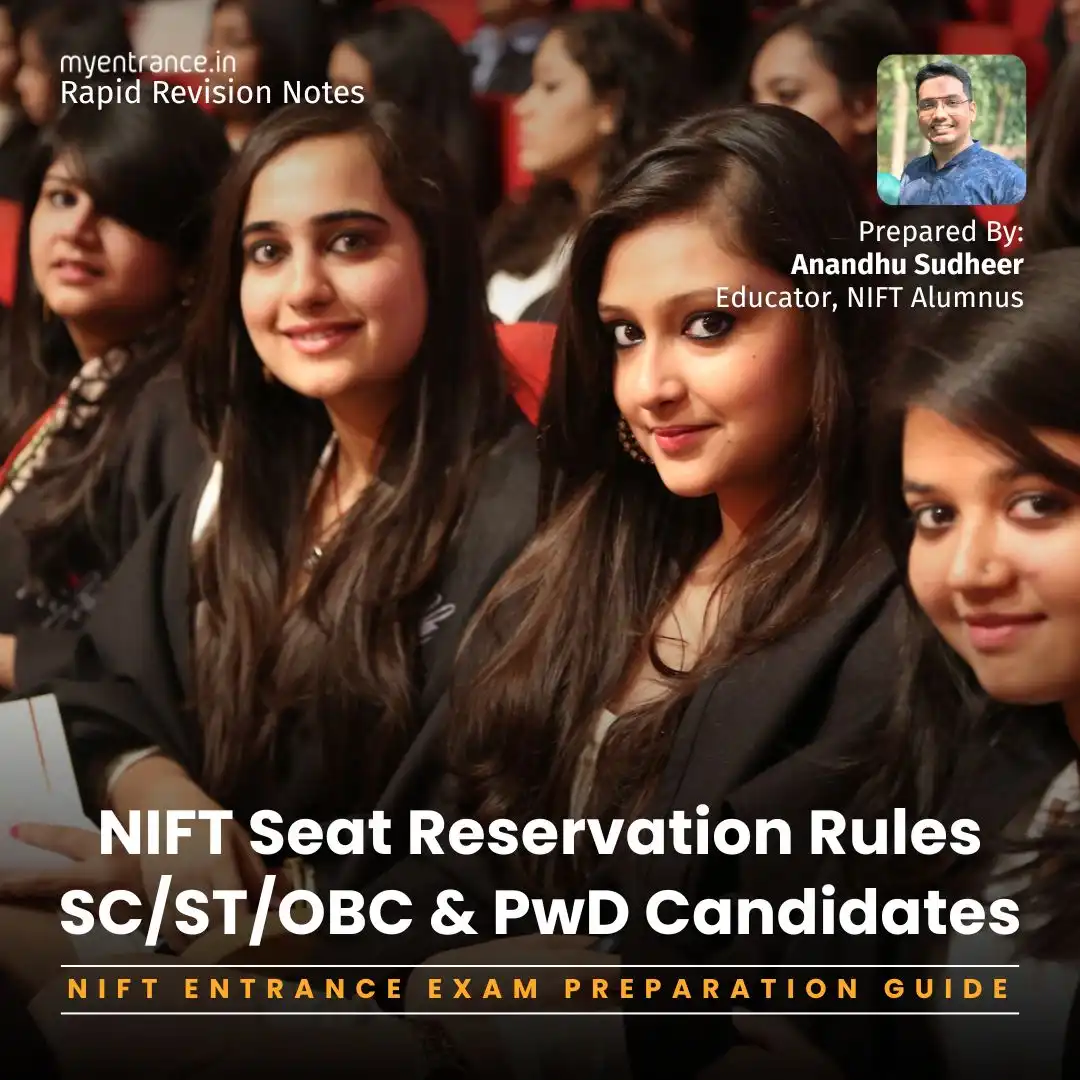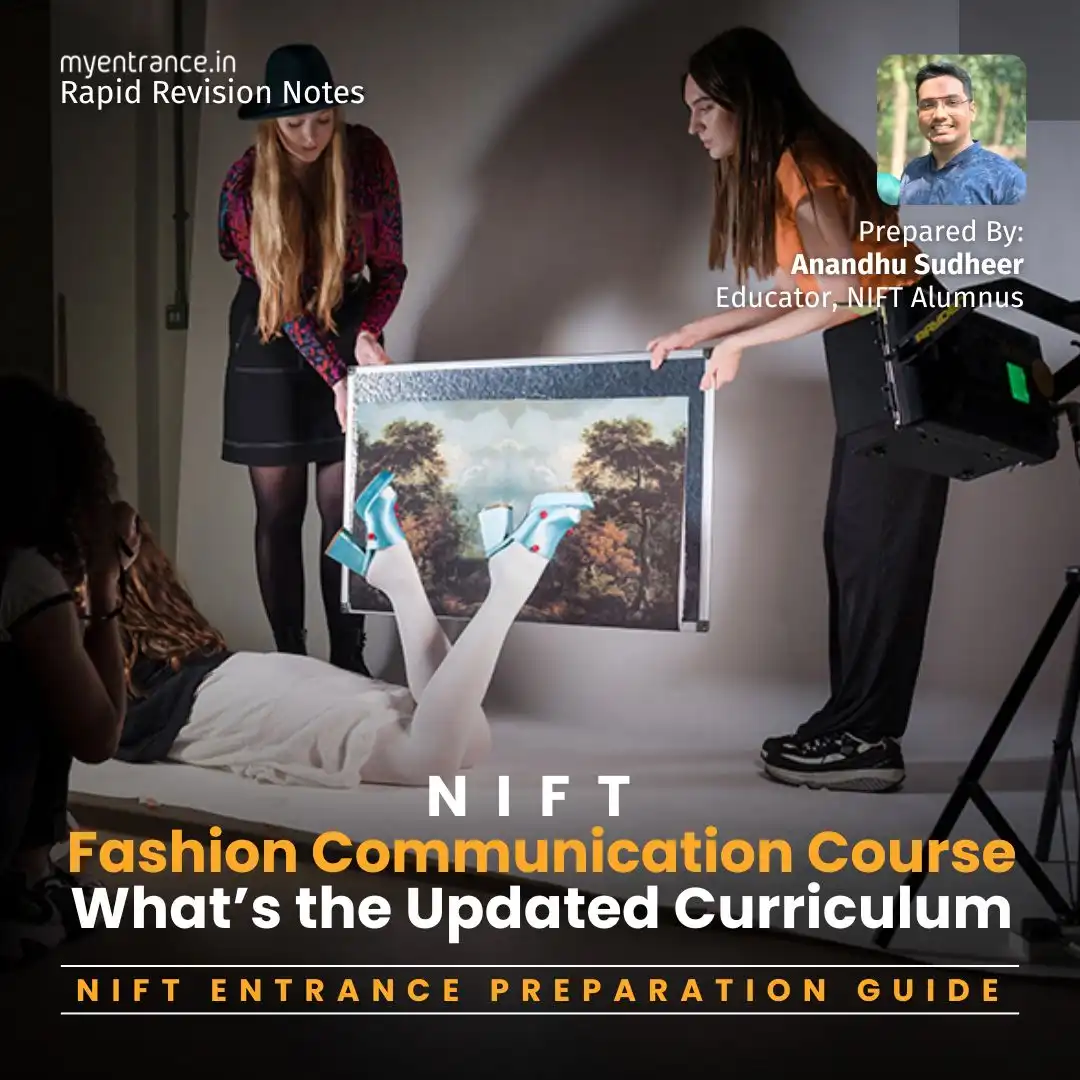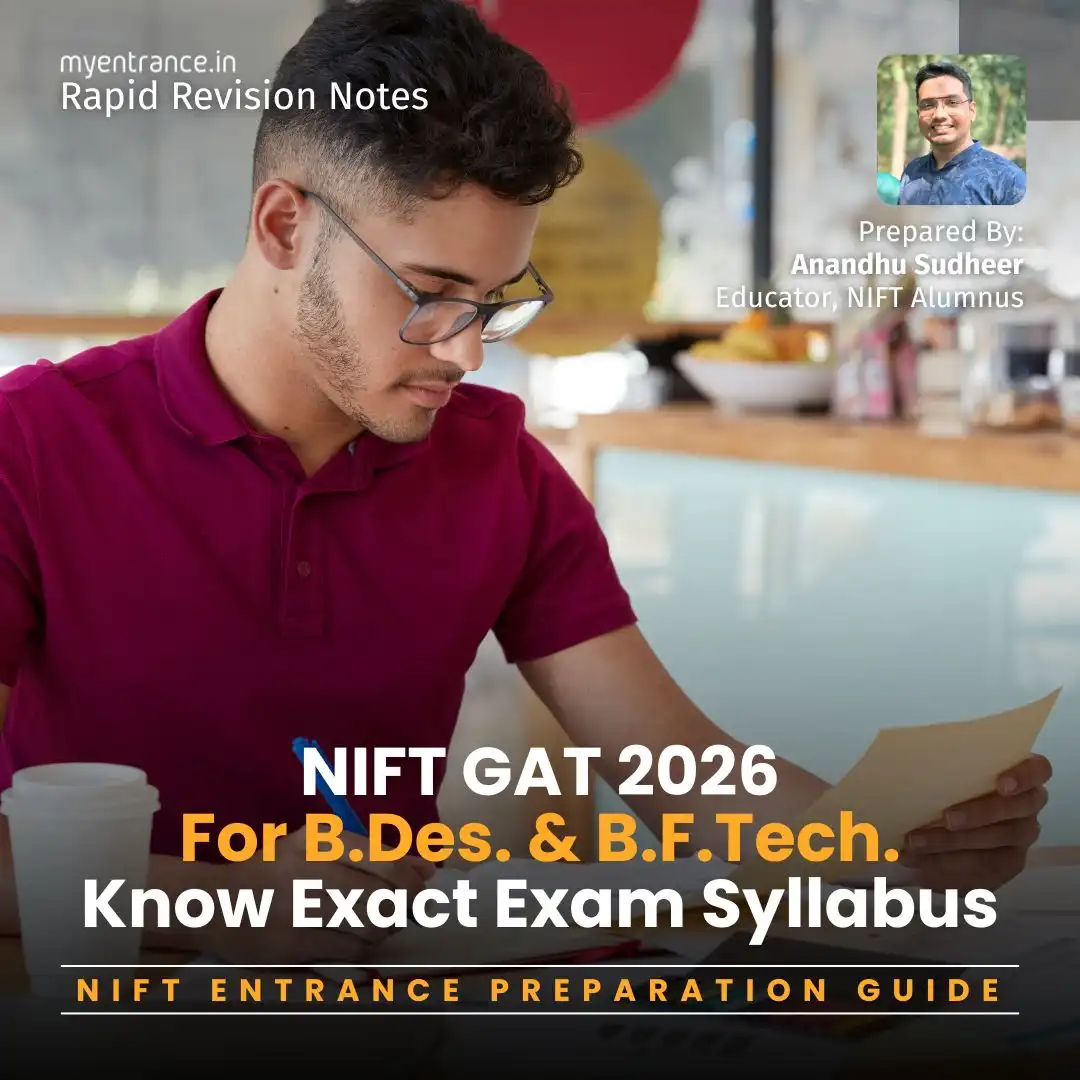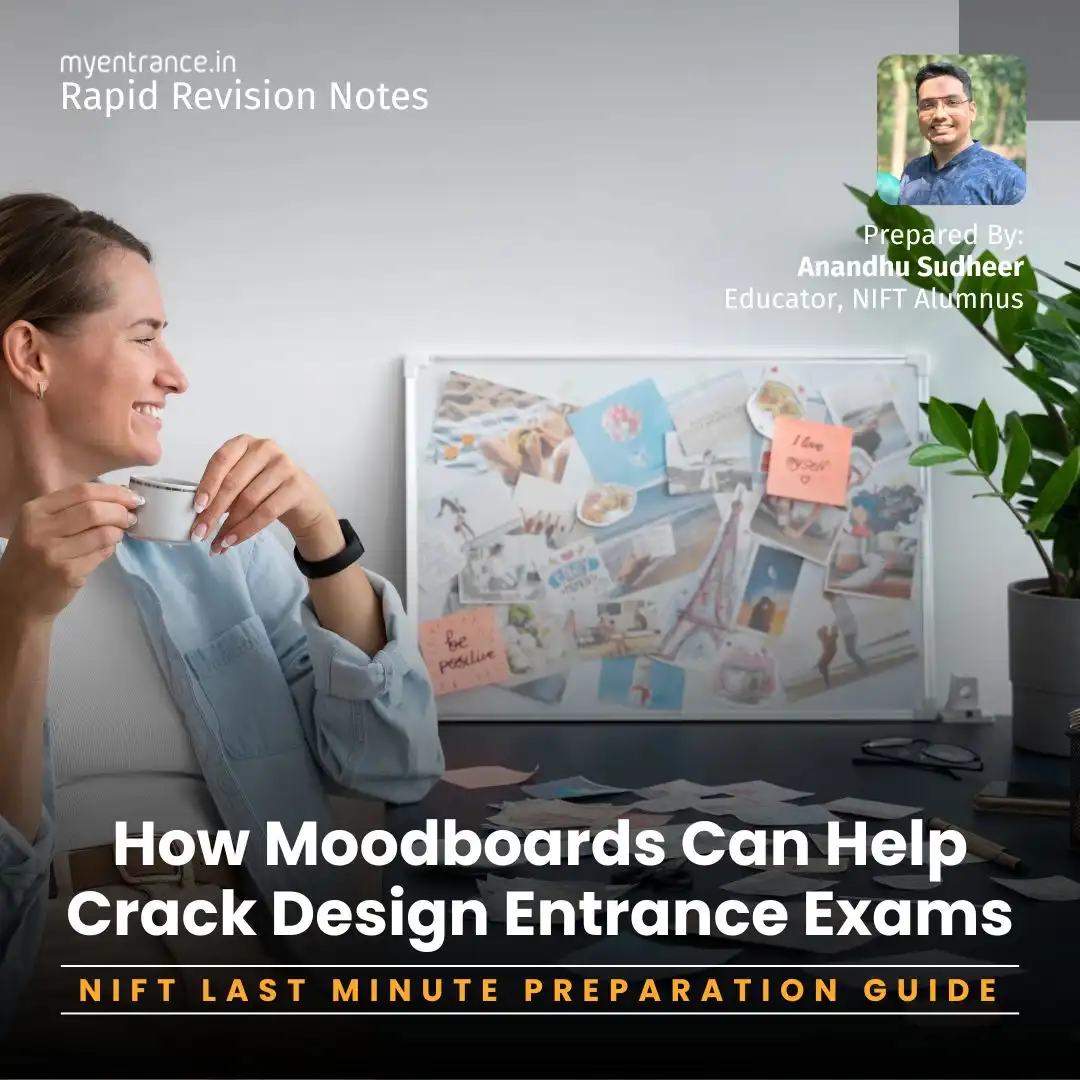Select Language
How Does NIFT’s New Curriculum Prepare Students for the Fashion Industry?
The National Institute of Fashion Technology (NIFT) has introduced a dynamic new curriculum, blending academic learning with real-world industry experience. This approach ensures students gain practical skills, professional ethics, and adaptability—key traits needed in today’s fast-evolving fashion and design industry.

NIFT’s Revised Curriculum: Bridging Education & Industry
NIFT’s updated curriculum goes beyond textbooks, focusing on experiential learning and industry collaboration. The goal? To nurture well-rounded professionals who thrive in innovation-driven environments.
Key Highlights of the New Curriculum:
Interactive Learning: Students engage with industry leaders and alumni in classrooms.
Sponsored Projects: Real-world assignments from fashion brands enhance problem-solving skills.
Industry Visits & Exhibitions: Exposure to trade fairs and working environments builds practical awareness.
Mandatory Internships: Hands-on training in companies ensures skill application.
Research Collaborations: Joint projects with industries encourage innovation.
Ethical Professionalism: Emphasis on workplace ethics and values.
This structured industry engagement is woven into both Undergraduate (UG) and Postgraduate (PG) programs, ensuring students graduate with a competitive edge.
Sample Questions & Answers for NIFT Aspirants
Q1. How does NIFT’s new curriculum differ from traditional design education?
A1. Unlike conventional programs, NIFT now emphasizes industry immersion—internships, live projects, and expert interactions—making learning more practical and career-oriented.
Q2. Why are industry visits important in NIFT’s syllabus?
A2. They provide firsthand exposure to manufacturing, retail, and design processes, helping students understand real-world challenges.
Q3. What role do alumni play in NIFT’s updated curriculum?
A3. Alumni share industry insights, mentor students, and bridge the gap between academia and current market trends.
Q4. Are internships compulsory in NIFT’s UG/PG programs?
A4. Yes, internships are a core component, ensuring students gain work experience before graduating.
Q5. How does NIFT ensure ethical professionalism in students?
A5. Through workshops, industry collaborations, and case studies on workplace ethics and sustainability.
Why is This Important for NIFT & Other Entrance Exams?
Exam Relevance: Questions on NIFT’s curriculum updates may appear in entrance tests or interviews.
Career Readiness: Understanding industry-linked learning helps aspirants align their preparation.
Competitive Edge: Awareness of NIFT’s practical approach can strengthen personal statements during admissions.
Final Thoughts
NIFT’s forward-thinking curriculum is a blueprint for modern design education. By blending theory with industry experience, it equips students to excel in a rapidly changing fashion landscape.
Preparing for NIFT 2024? Stay updated with MyEntrance.in for more exam tips, mock tests, and career insights!
Most Predicted GAT Questions & Detailed Answers
Comprehensive study materials, Expert-guided tips & tricks, Mock tests and instant results.
Start your Design journey today with MyEntrance, your ultimate online coaching platform.

